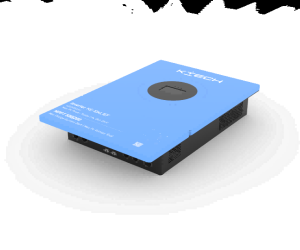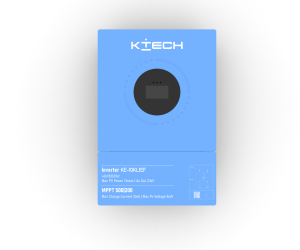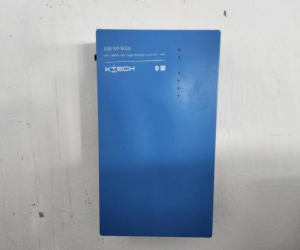马上注册,结交更多好友,享用更多功能,让你轻松玩转社区。
您需要 登录 才可以下载或查看,没有账号?Register
×
Energy storage inverters play a crucial role in modern energy systems, especially in the integration of renewable energy sources and grid management. Advantages: 1. Energy Management and Optimization One of the primary advantages of energy storage inverters is their ability to manage energy flow. They can store excess energy generated during periods of low demand or high renewable energy production (such as from solar panels during the day) and release it when needed, such as during peak demand periods or when the renewable source is not producing enough. This helps to balance the energy supply and demand, reducing the need for additional power generation capacity and potentially lowering energy costs. By enabling time shifting of energy, they can also take advantage of off-peak electricity rates to charge the energy storage system and then discharge during peak hours, providing a cost saving opportunity for consumers and businesses. 2. Backup Power Supply In case of power outages or emergencies, energy storage inverters can provide a reliable backup power source. Whether it's for a residential home, a commercial building, or an industrial facility, the stored energy can be used to keep essential loads running until the main power supply is restored. This is crucial for maintaining critical operations, ensuring the safety of people and equipment, and minimizing the impact of power disruptions on daily activities and business operations. Disadvantages: 1. Initial Cost Energy storage inverters can have a relatively high initial cost. This includes not only the cost of the inverter itself but also the cost of the associated energy storage system, such as batteries. The high upfront investment can be a significant barrier for many consumers and businesses, especially those with limited budgets. The payback period may also be relatively long, depending on factors such as electricity rates, energy usage patterns, and the cost of the equipment. 2. Efficiency Losses There are energy conversion losses associated with energy storage inverters. During the charging and discharging processes, some energy is lost in the form of heat and other inefficiencies. Although the technology has improved over the years, these losses can still impact the overall energy efficiency of the system. Additionally, the efficiency of the inverter may vary depending on its operating conditions and the type of battery used, further complicating the energy management and optimization.
|  Key Technologies & Challenges of Off-gri1964 views#Default Forum
Key Technologies & Challenges of Off-gri1964 views#Default Forum Market Potential & Future Direction of O1743 views#Default Forum
Market Potential & Future Direction of O1743 views#Default Forum How to Install a Wall-Mounted Inverter1959 views#Default Forum
How to Install a Wall-Mounted Inverter1959 views#Default Forum How to Install a Wall Mount Battery2040 views#Default Forum
How to Install a Wall Mount Battery2040 views#Default Forum